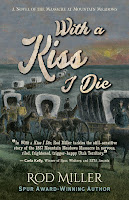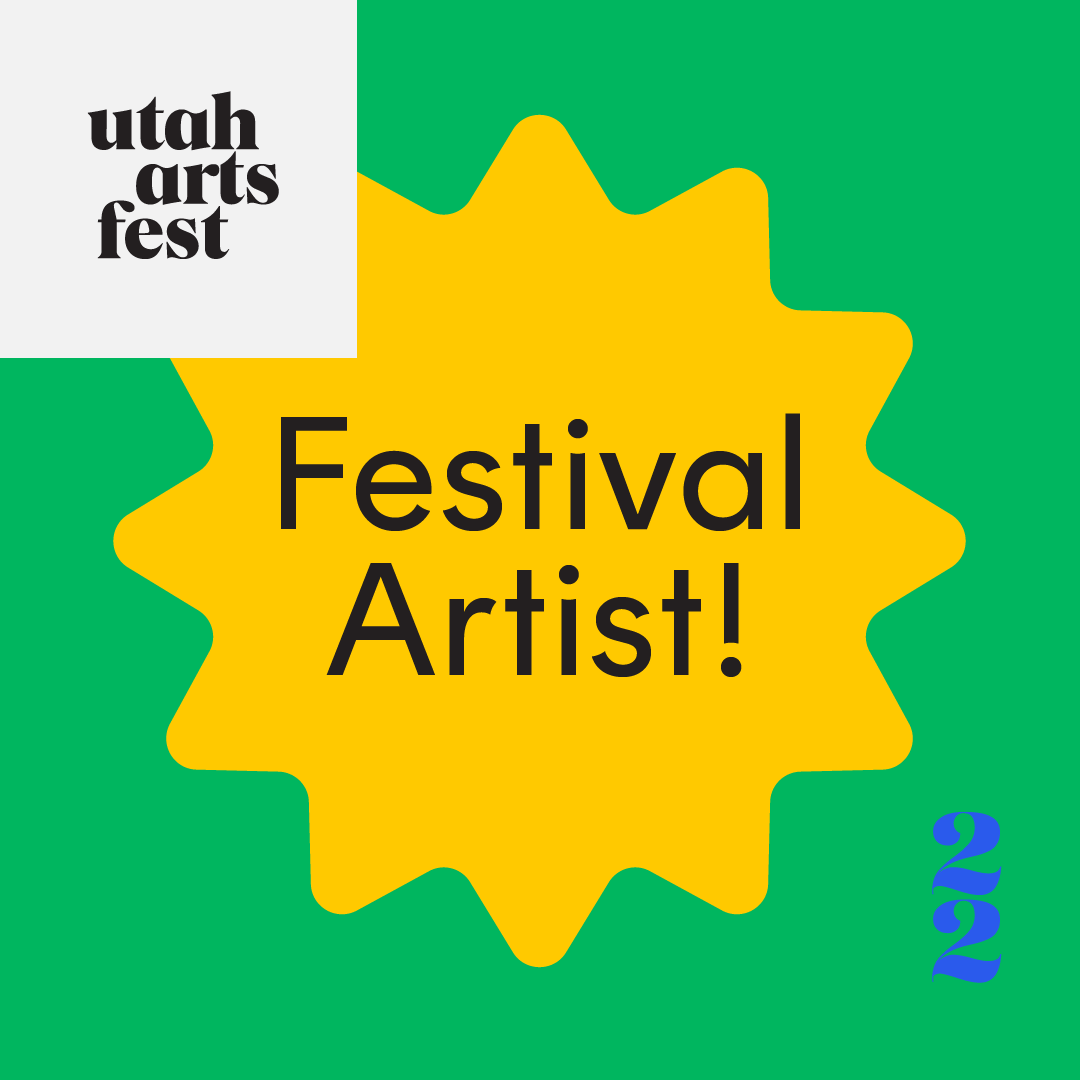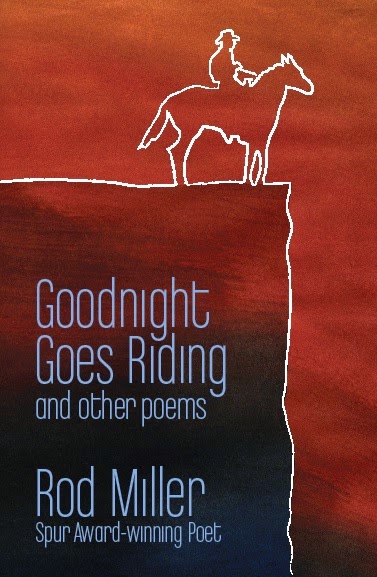Ever since I
started paying attention to books and such from a writer’s perspective, as well
as a reader’s, I have heard over and over again that the Western is dead.
This point
of view, I think, results from the dominance of Westerns for decades, not only
in books but in magazines, television series, and feature films. During the
early to middle years of the twentieth century, Westerns—mostly of the
shoot-’em-up variety—were everywhere you looked, and the genre dominated
entertainment like no other has since.
Folks who
remember those days decry the lack of Westerns nowadays and mourn the relative dearth
with predictions and forecasts of doom and gloom about the future (or lack
thereof) of entertainment based in the American West.
Don’t you
believe it.
While it is
true that Westerns don’t dominate the market like they once did, and the
popularity of Western stories in the traditional style has waned somewhat,
there is still plenty of writing about the West out there.
One element
that keeps the Western alive and thriving is a more expansive—and
realistic—view of the West among writers, publishers, and producers. And
readers. Female characters have emerged into more prominent roles. Beyond
horseback good guys vs. bad guy plots are stories about towns, trails, trade,
and more.
And the
modern-day West has become the setting for stories that rely on the unique
aspects of the region.
Then there’s
the fact that nonfiction about the West—both historical and contemporary—enjoys
widespread popularity.
Another
factor is the spread of Westerns into other genres. You’ll find more and more
mysteries, thrillers, romances, even science fiction set in the West.
All in all,
things look pretty good Out West, whether you’re a writer or reader who enjoys
the landscapes, climates, economies, cultures, and history that make our region
the defining facet of our country.







